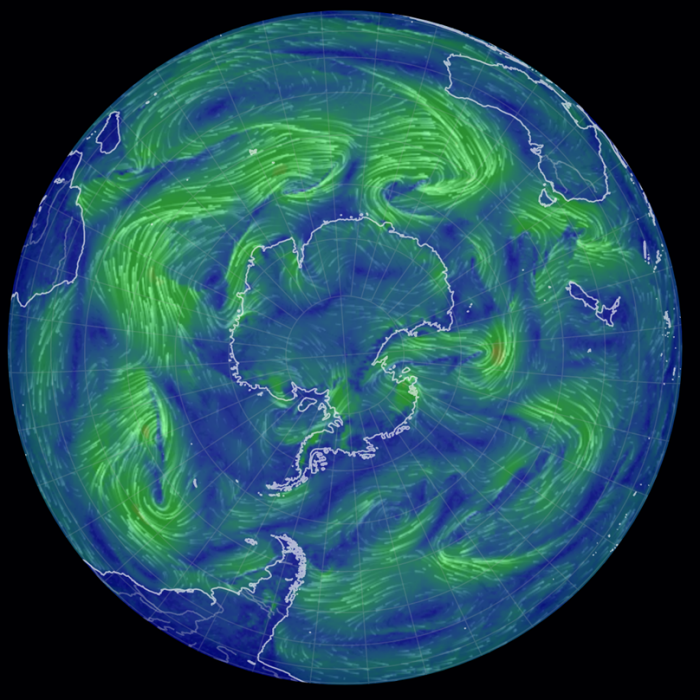Our research

CCRC personnel aim to better understand climatic processes and dynamics on all scales. One reason is to reveal the behaviour of a fascinating and important component of the planet, about which many things remain surprisingly mysterious. The work also helps to develop better models for weather and climate prediction, of clear importance for agriculture, power and other industries, water management, aviation, tourism and of course the general public. Achieving a fundamental understanding based on sound mathematical and physical principles has become ever more pressing in light of climate change, which will cause future weather and climate patterns to be different from past ones, making it harder to get by on empirical "rules of thumb."
Our investigations range from questions of global importance to particular issues affecting Australia. Projects ongoing at the CCRC vary, but one area of current focus is the factors that control Australian rainfall and drought. This includes study of the physics of storms and clouds and how they interact with climate, atmosphere-ocean dynamics and teleconnections to regional rainfall variability and change associated with climate patterns like El-Nino and the "Indian Ocean Dipole," and regional modelling of the Australian climate system. We also study changes in atmospheric extremes such as heat waves and heavy precipitation events, and investigate theories to explain these changes.
CCRC research falls into nine broad categories:
- Atmospheric science
- Carbon cycle
- Climate
- Climate impacts
- Climate model evaluation
- Ecosystems
- Oceanography
- Palaeoclimatology
- Terrestrial processes
Explore Higher Degree Research opportunities and supervisors here.
Go to the CCRC team page to find out more about CCRC staff and their research interests. For a list of recent publications, go to the CCRC publications page.
